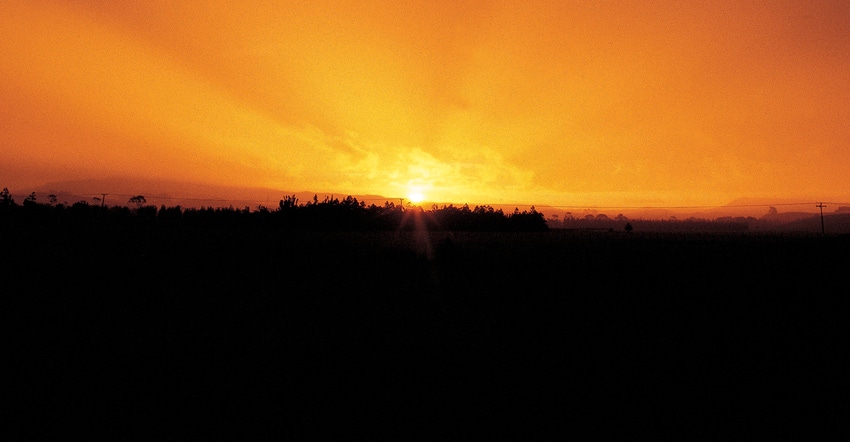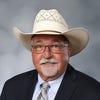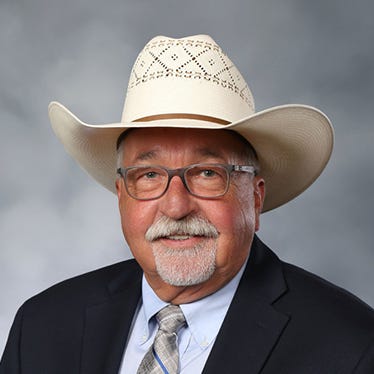April 15, 2022

It’s that time of year again, when livestock shows start gearing up all over the Midwest. It will begin with jackpot shows right now and culminate with state fairs later in the summer and fall. Lots of kids are going to learn many valuable lessons over the next few months, but I hope they remember that livestock judges don’t know everything.
I’ve been very fortunate in my lifetime to be able to judge cattle, sheep and hog shows all over the country. I’ve judged beef cattle at the American Royal, National Western Stock Show, two different state fairs, and at least a couple of hundred county fairs and jackpot shows. While I’ve pretty much retired from judging hogs and sheep, I still judge the occasional cattle show, but this column is about the one and only time I judged a goat show — and I can only hope that the people involved have forgotten the event.
Some 20 years ago, I was invited to officiate a district fair in another state. I had judged that event three years prior, providing my opinion on both beef and sheep, and had enjoyed working with everyone involved. The fair officials wanted to know if I would judge their market goat show so they wouldn’t have to pay for a goat judge.
I very tactfully informed them that I had never judged goats before and probably shouldn’t start at that point in my life. However, they were very persuasive and reassured me there would only be a couple of goats and it would save the fair a lot of money. “It’s for the kids,” they added.
Reluctantly, I agreed.
A few days before the show, I got on the internet and searched high and low before finding a little blurb (and video) on judging meat goats from Texas A&M University. I watched it and picked up some terminology that was used in the world of goats. The video showed how the judge handled the animals, and it wasn’t that different from how I had handled market lambs hundreds of times before. I felt I was ready to make my way through a couple of meat goats.
On the day of the show, I had just finished sorting through about 150 head of beef cattle when the show director asked me if I was ready to judge the goat show. When I answered in the affirmative, she informed me that there were 28 market goats divided into four classes by weight. Since there were kids all around, I could only think the curse words.
An hour and a half later, I congratulated the champion and was quickly headed to my truck to make a fast getaway back to Missouri when I saw a man approaching me much too quickly.
“Sir,” he yelled, “could I have a minute of your time?”
Expecting to be reamed out by someone who had discovered my ruse, I was shocked when the gentleman started complimenting me on the job I had done.
“You seem to know so much about meat goats, I wonder if you could give me some good sources of information, since I work with 4-H’ers in the next county over.”
“I’m happy to,” I responded with a sigh of relief. “Texas A&M has some wonderful material on judging meat goats, and I would recommend them highly.”
Crownover raises beef cattle in Missouri.
About the Author(s)
You May Also Like






